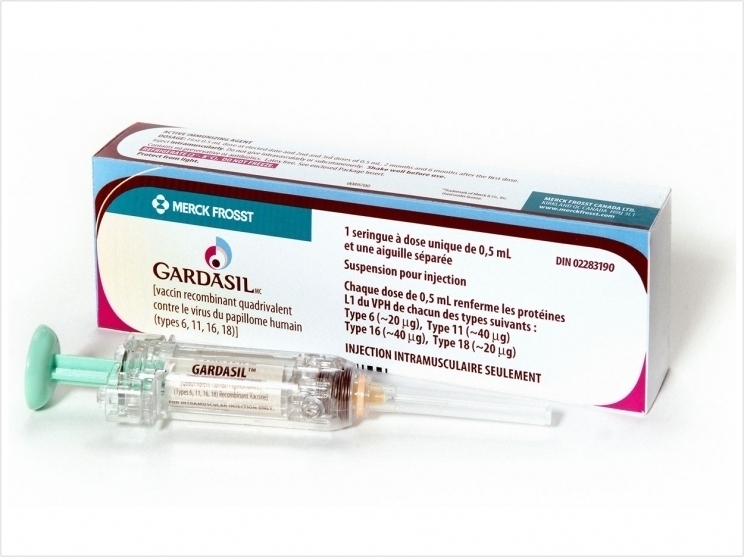
About 51,550 people in the United States will be diagnosed with oral cancer in 2018, according to the Oral Cancer Foundation, with a rising number of cases caused by the human papillomavirus (HPV). That’s why the National Cancer Institute’s (NCI) 70 designated cancer centers and affiliated organizations are launching a campaign to promote gender-neutral HPV vaccination and evidence-based cancer screenings.
“According to the Kansas Cancer Registry, the incidence of HPV-associated oropharyngeal cancer—a type of head and neck cancer—has significantly increased in the past 20 years, especially among men,” said Hope Krebill, executive director of the Midwest Cancer Alliance and co-chair of the Missouri Cancer Consortium’s HPV Workgroup. “In the next two years, it is estimated that HPV-related oropharyngeal cancers in the United States will outnumber HPV-related cervical cancers.”
HPV is a sexually transmitted virus, and nearly 80 million Americans are infected with it, the NCI reports. But while vaccination against the disease is safe and effective, completion rates are low. The Centers for Disease Control and Prevention (CDC) note that only 49.5% of girls and 37.5% of boys between the ages of 13 and 17 years completed the vaccine series in 2016. That’s well below the nation’s goal of 80% coverage by the end of the decade.
Barriers to improving vaccination rates include a lack of strong recommendations from physicians and a lack of understanding among parents that the vaccine protects against several types of cancers in men and women and is most effective before any exposure to HPV, according to St. Jude Children’s Research Hospital.
“We have an unprecedented opportunity to eliminate cancers caused by HPV,” said Charles Roberts, MD, PhD, executive vice president at St. Jude and director of the St. Jude Comprehensive Cancer Center. “But to achieve this, we need to get our teens vaccinated.”
HPV experts from the nation’s top cancer centers, along with partners from NCI, CDC, and the American Cancer Society, are meeting June 7-8 in Salt Lake City to discuss a path forward for eliminating cancers caused by HPV, including ways to reduce barriers to vaccination and share education, training, and intervention strategies to improve vaccination rates. This is the third year that all NCI designated cancer centers have come together to issue a call to action.
“The development of a vaccine for HPV has been a tremendous advance in the fight against cancers such as cervical, anal, oropharyngeal, vaginal, and penile cancers,” said Garth Powis, DPhil, director of the Sanford Prebys Medical Discovery Institute, one of NCI’s designated cancer centers. “We stand by the Center for Disease Control recommendation that all children between the ages of 9-13 complete the HPV vaccination series to prevent HPV-related cancers.”
“In my own practice, I treat many people with HPV-induced cancers of the head and neck,” said Kevin J. Cullen, MD, director of the University of Maryland Marlene and Stewart Greenebaum Comprehensive Cancer Center. “They suffer greatly with chemotherapy, radiation, and surgery to overcome these cancers, which can be entirely prevented in the future if we vaccinate adolescents now.”
“Parents’ attitudes about the vaccine are slowly shifting, but still more progress must be made,” said Steven J. Czinn, MD, the Drs. Rouben and Violet Jiji Endowed Professor of Pediatrics and chair of the Department of Pediatrics at the University of Maryland School of Medicine and director of the University of Maryland Children’s Hospital. “The HPV vaccine is the one and only cancer prevention vaccine that we have.”
“Having all 70 centers sign the endorsement will hopefully jumpstart the effort to eliminate more than 40,000 HPV-related cancer cases each year,” said Roy Jensen, MD, director of the University of Kansas Cancer Center and vice president of the Association of American Cancer Institutes.
Related Articles
Dental Groups Advocate for HPV Vaccines for Boys
HPV Vaccine Proves Safe and Effective in Long-Term Study
More Adolescents Getting the HPV Vaccine











